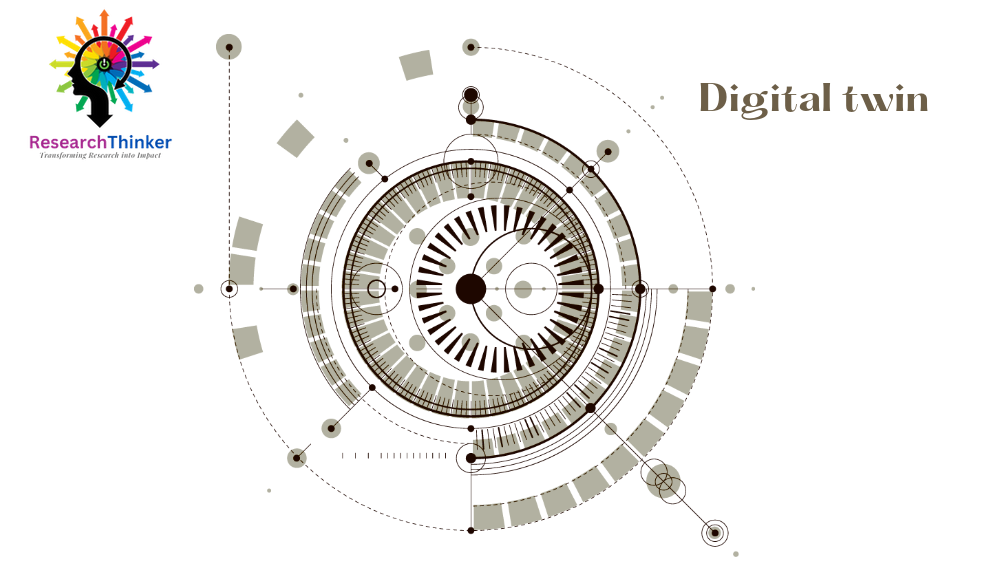These are seven use cases of digital twin technology in the automotive industry:
1. Product Design and Development: Digital twins can be used to create virtual prototypes, simulate performance, and optimize vehicle designs before physical production.
2. Manufacturing Optimization: Digital twins enable manufacturers to simulate and optimize production processes, improve efficiency, and reduce costs.
3. Predictive Maintenance: By monitoring real-time data from vehicles and analyzing it in the digital twin, manufacturers can predict maintenance needs, schedule repairs, and minimize downtime.
4. Connected Car Experience: Digital twins allow for personalized and connected experiences by integrating IoT capabilities, enabling real-time diagnostics, remote updates, and personalized services.
5. Autonomous Vehicle Development: Digital twins play a vital role in testing and validating autonomous systems, simulating real-world scenarios, and ensuring safety and reliability.
6. Supply Chain Management: Digital twins provide visibility into the supply chain, optimizing inventory management, tracking shipments, and streamlining procurement processes.
7. Customer Support and Service: Digital twins facilitate remote diagnostics and support, enabling manufacturers to monitor vehicle performance, identify issues, and provide personalized customer assistance.




